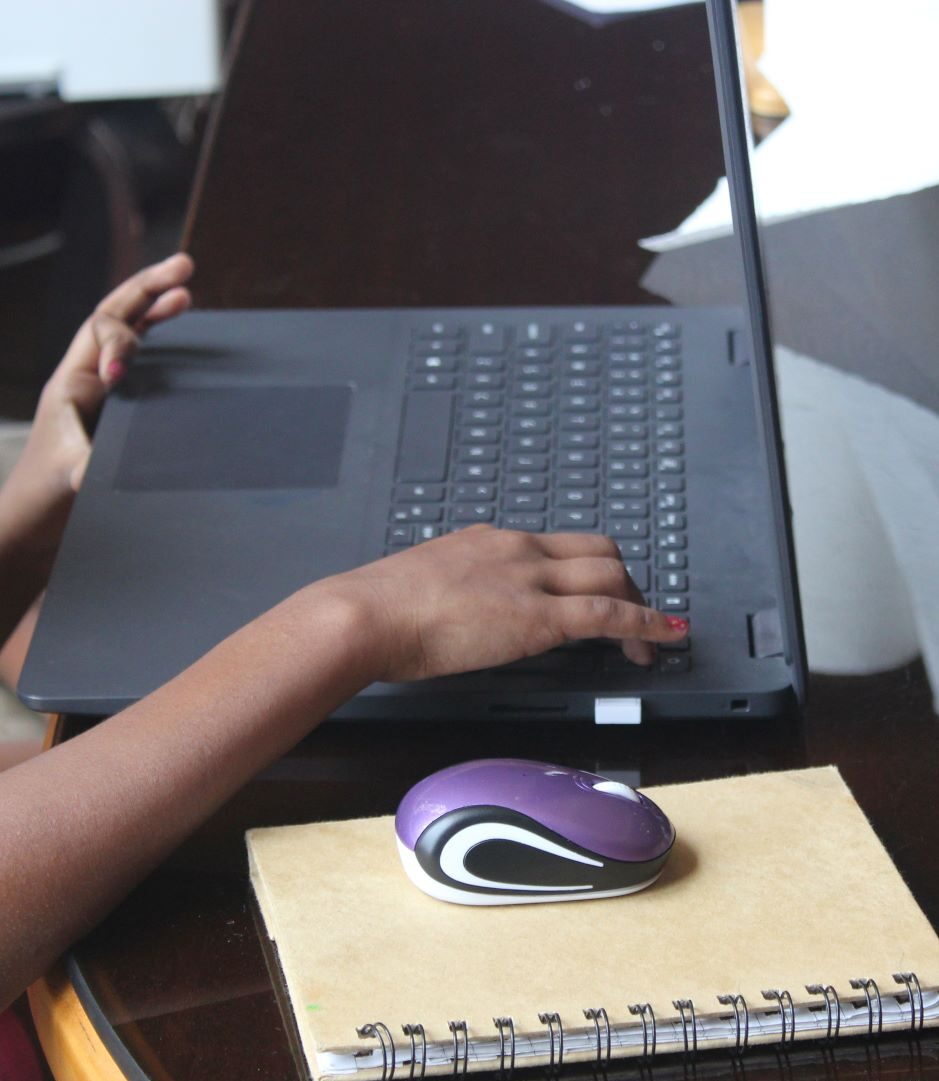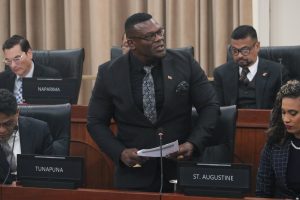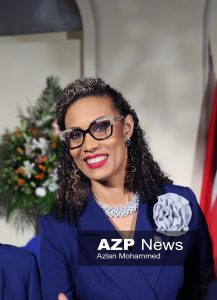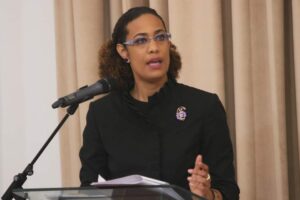‘It is indubitable that the destruction of a sustainable Caribbean and Latin American environment continued, unhampered, by successive colonial regimes’
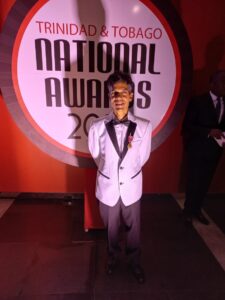
IN the Caribbean and Latin America and among the diaspora, we need to be aware of our region’s history and its impact on our lives.
In 1992, efforts to commemorate the 500th anniversary of the arrival of the Spanish expedition into the New World, erupted in heated protests and controversies in the Latin American and Caribbean region.
The debate revolved around Christopher Columbus’ so-called ‘discovery’ of the West Indies and the subsequent repercussions.
What has the Caribbean achieved since its “discovery?” Some might disagree if I say- very little. The Trinidad and Tobago-born novelist, V S Naipaul, in The Middle Passage (1962) seemed correct in stating, “History is built around achievement and creation; and nothing was created in the West Indies.”
The state of regional unity has become a cliché and moved at a snail’s pace because many citizens have overlooked the common experiences uniting Caribbean territories.
The lack of appreciation of the Humanities especially our past and history is partly due to the emphasis on the Science and Business subjects to the detriment of studying Caribbean History. It is a fact that secondary schools and universities throughout the Caribbean have relatively low attendance levels in History classes. Some schools have removed the subject from their curriculum. Such actions translate into the devaluation of Caribbean History for future generations.
The historian, like those educated in Latin, is part of a dying breed. In North America and Europe, there is still an appreciation of history and its benefits. Maybe the Caribbean must return to this mentality if we intend to harness the educational and political merits of the legacies of the Caribbean.
Did the intrusion of the Spanish and later other European nations into our Caribbean space set in motion unprecedented historical forces that transformed our region? Yes… maybe. We need to realise that the local history of each country is not circumscribed to the achievement of Independence or celebration of local heroes.
The time has come for us to recognise our role in world history. One might rightly ask, how could events that occurred more than 500 years ago affect the Caribbean economies? Today, the existence of the sugarcane can be traced to the ill-fated Spanish expeditions.
Furthermore, the intrusion of the European powers had a profound impact on our architecture, cuisine, flora and fauna. This foreign influence wreaked havoc on a tropical environment, unaccustomed to sudden change, as the balance of nature was disrupted. Undoubtedly, the systematic decimation of the native Tainos and Kalinagos was the Western Hemisphere’s first genocide.
Also, the eventual introduction of African and later Chinese, Syrian and Indian labour could be traced to major economic exploitation in which the entire Caribbean and Latin America regions were wounded. It is indubitable that the destruction of a sustainable Caribbean and Latin American environment continued, unhampered, by successive colonial regimes. This dealt a severe blow to our biodiversity and paved the way for a monoculture which led to a painful economic dependence.
Many in the Caribbean and Latin America have grown accustomed to unfairly limiting our history to the traumatic experiences of indentureship and slavery. As citizens of the Caribbean, we need to remove religious and ethnic/racial blinders and delve deeper into our rich cultural and historical past. Many of us are ignorant of the era in the late fifteenth and sixteenth centuries in which the Caribbean was the pride of European powers whilst undergoing a social and cultural transition. We need to make an effort to celebrate historic events in our region’s history, understanding the common historical forces which shaped our destiny.

The Caribbean’s history, and also that of Latin America, will prove we have endured certain cultural, social and economic phenomena that make us a unified entity and create harmonious relations. If any island or the region is to become progressive, then an appreciation of our history is crucial. Indeed, our history, be it yesterday or five hundred years ago, will enable us to plan and equip ourselves for the future whilst understanding the importance of forging closer Caribbean ties. Our study of history will certainly help us to avoid repeating the mistakes of the past.
Hopefully, in the future, our historical memory will not be superficial and entail more of the history of ethnic, racial or religious minorities. Only then can we truly have a deeper understanding of the history of our homelands.
Dr Jereome Teelucksingh is a recipient of the Humming Bird (Gold) Medal for Education and Volunteerism. He is attached to the Department of History at the University of the West Indies at St Augustine. He has published books, chapters and journal articles on the Caribbean diaspora, masculinity, culture, politics, ethnicity and religion. Also, he has produced a documentary – Brown Lives Matter and presented papers at academic conferences.
November 19: All Inclusive International Men’s Day
Should International Agencies be Blamed for Unemployment
A Need to Observe Word Unemployment Day
An Ideology for the Trade Union Movement
The Man who Couldn’t be Prime Minister
Social Outburst vs Social Revolution
Challenges of the Men’s Movement
If George Floyd was Denied Parole
The Meaning of Indian Arrival Day in T&T
International Men’s Day – A Way of Life
Wounds that cause school violence
May Day: A Time for Solidarity, Strength
Who Coined the Term ‘Black Power’
![]()


